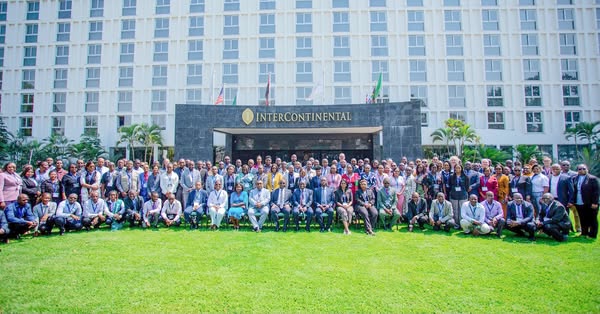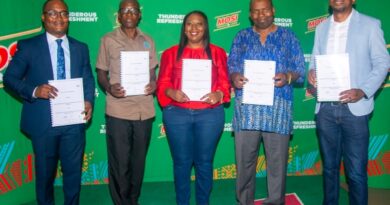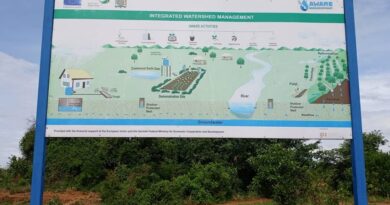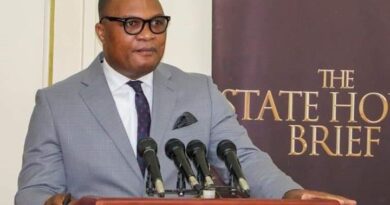SADC Rallies for Stronger Climate Preparedness at SARCOF-31
The Southern African Development Community (SADC) has stepped up efforts to tackle the escalating impacts of climate change, as more than 30 climate experts and over 200 stakeholders from across the region gathered in Lusaka for the 31st Southern Africa Regional Climate Outlook Forum (SARCOF-31).
The four-day forum, held from 8–11 September under the theme “Closing the Early Warning Gap Together within the SADC region,” served as a platform to review past climate performance, prepare a consensus outlook for the upcoming rainfall season, and strengthen regional strategies for resilience.
Delivering the keynote address, Dr Douty Chibamba, Permanent Secretary for the Ministry of Green Economy and Environment of the Republic of Zambia, stressed the urgent need to link climate science with policy to protect livelihoods and economies across the region. He warned that climate extremes were already undermining agriculture, infrastructure, and socio-economic development.
“According to the World Meteorological Organization (WMO), Africa loses between 2–5% of GDP annually to climate extremes, with some countries allocating as much as 9% of national budgets to emergency responses. This is not sustainable,” Dr Chibamba said. He further highlighted the importance of regional cooperation, investment in meteorological services, and ensuring climate information reaches communities in local languages.
Ms Mapolao Mokoena, SADC Director of Infrastructure, noted that SARCOF-31 marked the conclusion of the SADC ClimSA Programme, initiated at SARCOF-25. She acknowledged the support of the European Union and partners, highlighting key achievements such as the validation of the SADC Multi-Hazard Early Warning System and the draft Regional Multi-Hazard Monitoring Framework.
Other speakers included Dr Joshua Ngaina, Acting WMO Representative for Eastern and Southern Africa; Mr Catalin Gherman, Head of Cooperation for the EU Delegation to Botswana; and Mr Edson Nkonde, Director of Meteorology for Zambia. Collectively, they urged the development of a robust, inclusive early warning framework to strengthen preparedness and ensure vulnerable communities are not left behind.
Discussions at SARCOF-31 centred on disaster risk reduction, climate science advances, and anticipatory action, with particular focus on agriculture, water, energy, health, and environmental security. The forum concluded with a strong call for cross-sector collaboration, innovation, and investment to enhance resilience against the growing threats posed by climate change.



